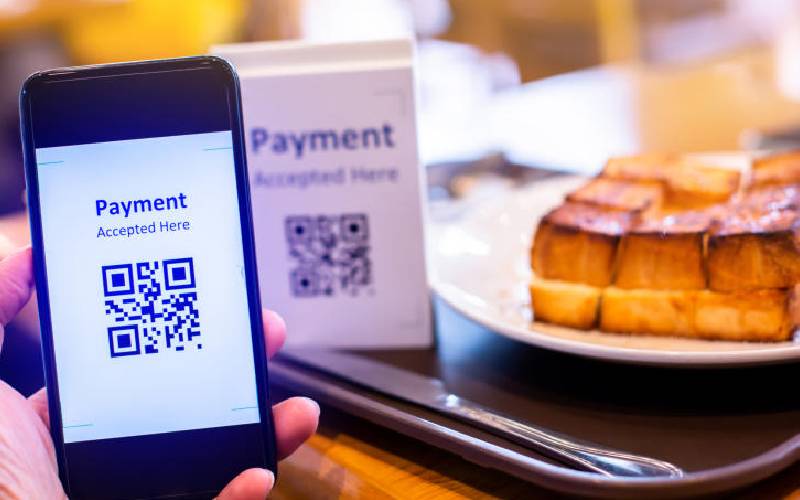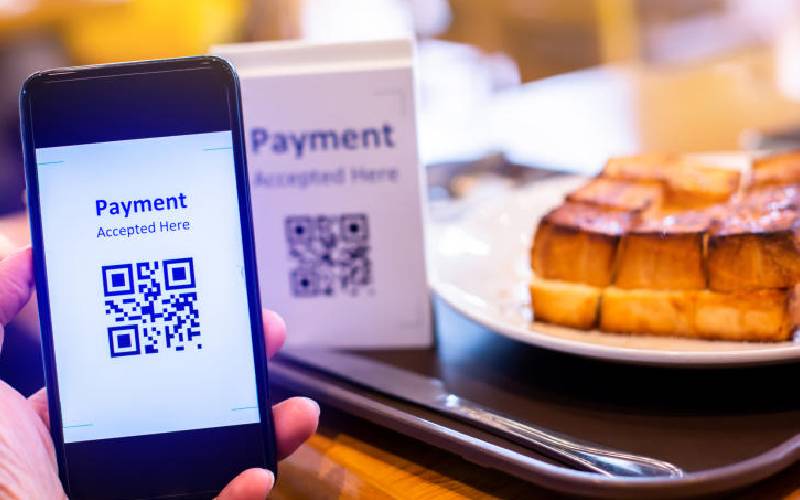[ad_1]

Customer hand using a smart phone to scan QR code tag with blur bread set meal in a coffee shop.[Getty Images]
Remittance inflows – money sent back home by Kenyans abroad – continue to provide a stable source of foreign exchange for Kenya while supporting many households.
Data from the Central Bank of Kenya indicates that remittances rose to a record high of $290 million (Sh31.3 billion) in the first quarter of 2021, 27 per cent higher than the $229.8 million (Sh24.8 billion) recorded in the first quarter of 2020. While the convenience that digital payments bring is unparalleled, if not vigilant, making and receiving payments online also comes with the risk of cybercrime. Here are five tips to keep you safe when transacting through digital channels.
1. If it sounds too good to be true, avoid it
There are many reasons why people use digital payments services – receiving money from friends and relatives abroad is just one of them. Sometimes you may use digital payments service to process payments for online work or online investments. When looking for a service to use, be wary of persons or companies that approach you purporting to save you huge transaction or foreign exchange fees as long as they handle the transaction for you.
2. Make sure you are using a licensed provider
Use only reputable and licensed payment providers such as WorldRemit. Go online to the relevant financial regulator website to determine if the payment provider is licensed.
3. Check availability of customer support and user reviews
Even if you are using a digital service that is simple and easy to use, it is always reassuring to know that you can turn to a customer support team in case you encounter any challenges. The best source of information on the safety, security and general user experience of a service is other users. Visit a reputable website like TrustPilot to get users’ feedback on a service.
4. Stay vigilant and up to date on the latest trends
Be alert for scams that target consumers after the completion of a transaction. It’s not uncommon for scammers posing as tech support to inform you that there is something wrong with your transaction or account. To avoid becoming a target of such scams, do not provide sensitive data such as your password, your date of birth and other personal information.
5. Beware of people impersonating brands
A common trick involves someone creating a fake social media account in an attempt to convince you that they are someone they are not to gain your trust. Verify it is actually the brand you think it is.
Monitor water pumps remotely via your phone
Tracking and monitoring motor vehicles is not new to Kenyans. Competition to install affordable tracking devices is fierce but essential for fleet managers who receive reports online and track vehicles from the comfort of their desk.
[ad_2]
Source link
















